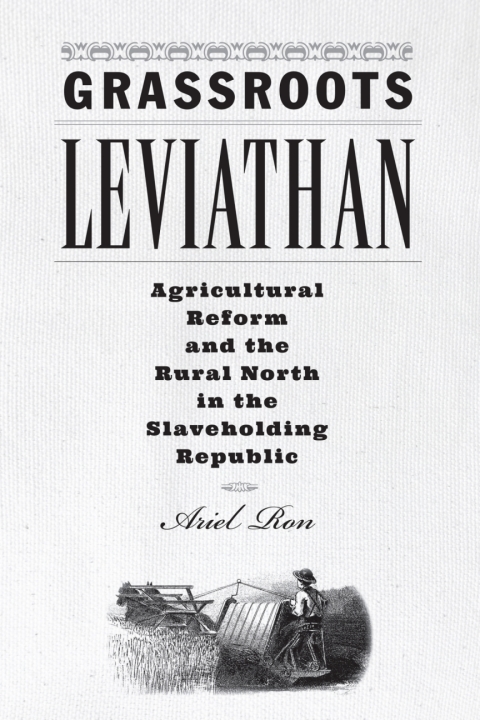Grassroots Leviathan Agricultural Reform and the Rural North in the Slaveholding Republic Ebook (miebook.shop)
$25.00
Ariel Ron
Grassroots Leviathan
Agricultural Reform and the Rural North in the Slaveholding RepublicThe United States was an overwhelmingly rural society before the Civil War and for some time afterward. There were cities and factories, of course, especially in the northern seaboard states. In 1860, Manhattan’s population was nearing a million. Brooklyn, which had been farmland at the time of the American Revolution, was itself home to 250,000. New England’s mill towns were already well known, and Chicago’s growth elicited awe. But these were exceptions. In the same year, 80% of Americans lived in rural places of 2,500 inhabitants or fewer. While 59% of the labor force worked in agriculture, only 15% worked in manufacturing. As the newspaperman Jesse Buel put it at the time, agriculture remained “the great business of civilized life.” In this sweeping look at rural society from the American Revolution to the Civil War, Ariel Ron argues that agricultural history is absolutely central to understanding the nation’s formative period. Upending the myth that the Civil War pitted an industrial North against an agrarian South, Grassroots Leviathan traces the rise of a powerful agricultural reform movement spurred by northern farmers. Showing that farming dominated the lives of the majority of Americans, in the North and the South, through almost the entire nineteenth century, Ron traces how middle-class farmers in the “Greater Northeast” built a movement of semipublic agricultural societies, fairs, and periodicals that, together, fundamentally recast the relationship of rural people to market forces and governing structures. By the 1850s, Ron writes, this massive movement boasted over a thousand organizations and the influence to have Congress publish annual agricultural reports in editions that rivaled sales of Uncle Tom’s Cabin, the era’s runaway bestseller. As northern farmers became increasingly organized, they pressed new demands on the federal government that inevitably challenged the entrenched prerogatives of southern slaveholders. Ideologically and organizationally, agricultural reform conditioned the emergence of the Republican Party and the North’s break with the slaveholding republic. The movement culminated in the creation of the US Department of Agriculture and the land-grant university system. These agencies reconfigured the nature and purpose of the American state at the same time as they came to revolutionize farming in the United States and the world over.Looking at farmers as serious independent agents in the making, unmaking, and remaking of the American republic, Grassroots Leviathan offers an original take on the causes of the Civil War, the rise of federal power, and American economic ascent during the nineteenth century. ISBN: 9781421439327, 1421439328











